The Congress on Prisoners of War Memorial Sites, held on November 15, brought together experts and communities dedicated to preserving the memory of prisoners of war (POWs). This unique event provided an opportunity to network, address challenges, and share best practices in the operation of POW museums and memorial institutions. Thank you to all participants for making this congress a success!
Preserving the memory of POWs: good practices, cooperation, challenges
Organized by the Central Museum of Prisoners-of-War, Center for Research on the Economics of Memorial Sites at SWPS University, and the “League of POW Memory” network, this congress seeks to foster collaboration among guardians of POW memorial sites and external stakeholders. We will also discuss the key challenges in preserving national heritage.
What to expect
The congress features five thematic panels led by European and national experts:
- The multidimensional memory of POWs
- Practical approaches to the treatment of POWs
- POWs in society: education, pop culture, and technological innovations
- Heritage and protection: global challenges of POW commemoration
- Panel and plenary discussion
The congress will be conducted in both Polish and English, with presentations simultaneously interpreted in both languages.
What we aim to accomplish
The congress aims to achieve the following outcomes:
- Increase the resilience of POW memorial sites and martyrdom museums in times of economic crisis by fostering collaboration and networking with cultural institutions and external stakeholders.
- Strengthen the cultural and creative sectors by exchanging best practices in fundraising, promotion, and the use of innovative technologies.
- Ensure long-term stability by developing a robust network of collaborators and by establishing the congress as a recurring, biennial event.
Who should attend
This congress is especially aimed at:
- graduates, doctoral students, and academics
- business leaders and NGO representatives
- caretakers of smaller, local memorial sites
- members of local community and government representatives
- researchers interested in the development potential of cultural heritage, particularly in the field of martyrdom and the economics of memorial sites
- officials from state bodies like the Ministry of Culture and National Heritage, the Ministry of National Defense, and the Polish Tourist Organization
- owners of monuments, and managers or owners of properties where local memorials are located
View photos from the congress

-
Registration
-
Welcome speech
Marcin Komosa, Ph.D., Ministry of Culture and National Heritage
-
Introduction
Violetta Rezler-Wasielewska, Ph.D., Central Museum of Prisoners-of-War
Adam Szpaderski, Ph.D. / Associate Professor, Center for Research on the Economics of Memorial Sites
-
PANEL I: THE MULTIDIMENSIONAL MEMORY OF POWS
Introduction by moderator
Jan Daniluk, Ph.D., Polish-American Foundation for the Commemoration of POW Camps in Szubin / University of Gdańsk
Thoughts on the European Itineraries of POWs During and After the Second World War
Valentin Schneider, Ph.D., National Hellenic Research Foundation
W roli animatora pamięci. Muzeum wobec rodzinnych historii [Museums as Memory Curators: Exploring Family Histories]
Renata Kobylarz-Buła, Ph.D., Central Museum of Prisoners-of-War
Descendant Discoveries
Susanna Bolten Connaughton, Polish-American Foundation for the Commemoration of POW Camps in Szubin
Summary by Moderator
-
PANEL II: PRACTICAL APPROACHES TO THE TREATMENT OF POWs
Introduction by Moderator
Agnieszka Szczygielska, Ph.D. / Associate Professor, Military Faculty, War Studies University
Etyczne i prawne aspekty traktowania (ochrony) jeńców wojennych [Ethical and Legal Aspects of POW Treatment (Protection)]
Piotr Krzykowski, Ph.D., Military Faculty, Faculty of National Security, War Studies University
Przestrzeganie międzynarodowego prawa humanitarnego a rzeczywistość wojenna. Traktowanie jeńców wojennych podczas wojny rosyjsko-ukraińskiej [International Humanitarian Law vs. Wartime Realities: POW Treatment During the Russia-Ukraine War]
Klaudia Jagusiak, Ph.D., War Studies University
Teoretyczny i praktyczny wymiar jeniectwa [Theoretical and Practical Aspects of POW Internment]
Bartłomiej Bydoń, Ph.D., Muzeum Katyńskie – Oddział Martyrologiczny Muzeum Wojska Polskiego w Warszawie [Katyn Museum]
Summary by Moderator
-
PANEL III: POWS IN SOCIETY: EDUCATION, POP CULTURE, AND TECHNOLOGICAL INNOVATIONS
Introduction by Moderator
Adam Szpaderski, Ph.D. / Associate Professor, Center for Research on the Economics of Memorial Sites
Zastosowania edukacyjne i badawcze bazy wiedzy w zakresie rozproszonych miejsc pamięci [Educational and Research Applications of Knowledge Databases for Distributed Memorial Sites]
Maciej Żemojcin, VeriSearch.ai
Jeńcy wojenni na małym i wielkim ekranie [POWs on Small and Big Screen]
Marek Łazarz, Prisoner of War Camps Museum in Żagań
Między tradycją a nowoczesnością. Znaczenie Muzeum Woldenberczyków w strategii rozwoju gminy [Between Tradition and Modernity: The Role of the Museum of Woldenberg POWs in the Local Municipality Development Strategy]
Sabina Jóźwiak, Centrum Kultury w Dobiegniewie – Muzeum Woldenberczyków [Museum of Woldenberg POWs]
Irena Zmaczyńska, Centrum Kultury w Dobiegniewie – Muzeum Woldenberczyków [Museum of Woldenberg POWs]
Summary by Moderator
-
Lunch Break
-
PANEL IV: HERITAGE AND PROTECTION: GLOBAL CHALLENGES IN POW COMMEMORATION
Introduction by Moderator
Violetta Rezler-Wasielewska, Ph.D., Central Museum of Prisoners-of-War
Wiedza o obozach Wehrmachtu i NKWD dla polskich jeńców wojennych. Raport rozbieżności [Knowledge of Wehrmacht and NKVD Camps for Polish POWs: A Discrepancy Report]
Piotr Stanek, Ph.D., Central Museum of Prisoners-of-War
Miejsce pamięci i jego dziedzictwo jako międzynarodowy kapitał turystyki edukacyjnej [Memorial Site and Its Heritage as International Asset for Educational Tourism]
Kinga Hartmann-Wóycicka, Memory, Education, Culture Foundation, Stalag VIIIA Memorial Site
Tworzenie materialnego kontekstu pamięci jenieckiej. Przykład Bornego Sulinowa [Creating the Physical Context of POW Memory: The Case of Borne Sulinowo]
Dariusz Czerniawski, Gross Born Foundation
Niewola jako jeden z epizodów historii twierdz. Rywalizacja o miejsce w pamięci zbiorowej [Captivity as an Episode in Fortress Histories: The Struggle for a Place in Collective Memory]
Tomasz Przerwa, Ph.D. / Associate Professor, University of Wrocław
Summary by Moderator
-
Panel and plenary discussion
Panel discussion with presenters, followed by a Q&A session with congress participants
Moderators: Violetta Rezler-Wasielewska, Ph.D., Central Museum of Prisoners-of-War and Adam Szpaderski, Ph.D. / Associate Professor, Center for Research on the Economics of Memorial Sites
-
Closing remarks
Violetta Rezler-Wasielewska, Ph.D., Central Museum of Prisoners-of-War
Adam Szpaderski, Ph.D. / Associate Professor, Center for Research on the Economics of Memorial Sites
Speakers
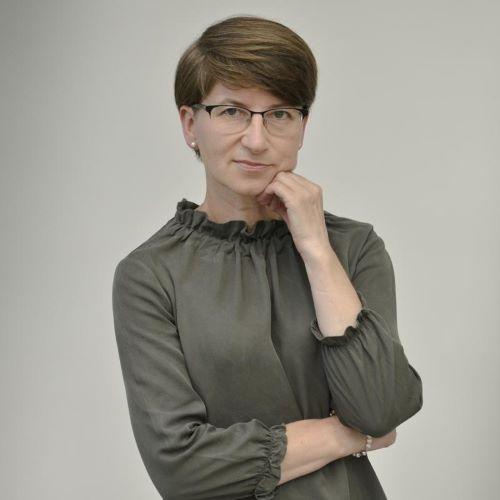
Violetta Rezler-Wasielewska
Ph.D.
Is the director of the Central Museum of Prisoners of War. She has organized numerous scientific sessions, conferences, exhibitions, and competitions, as well as research, editorial, and educational projects. She is the author, co-author, and scientific editor of various publications, mainly focusing on POW issues during World War II, education at memorial sites, and microhistory. She serves on museum councils and commissions under the Ministry of Culture and National Heritage of the Republic of Poland.
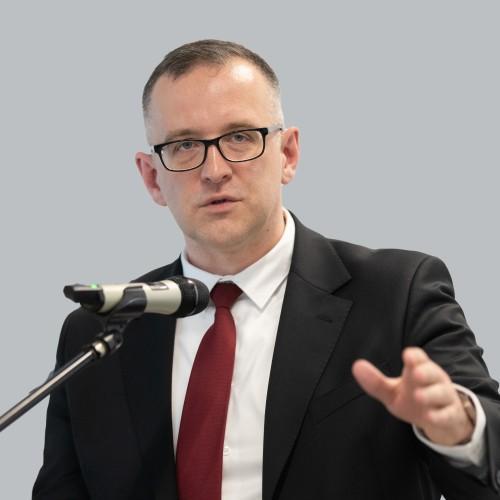
Adam Szpaderski
Ph.D. / Associate Professor
Specializes in strategic management, management of memorial sites, education management about Auschwitz, the Holocaust and genocides, including application of new technologies in the context of memorial sites as well as parametrization of the cultural heritage sector. He leads the Roots of the 20th Century Totalitarianism Graduate Certificate Program and the Center for Research on the Economics of Memorial Sites at SWPS University. Additionaly, he serves as chief consultant for strategy and education management of the Auschwitz-Birkenau State Museum in Oświęcim, chairman of the board of the “Prisoners-of-War Remembrance League” network, and chair of the Community Advisory Council of the Museum of Woldenberg POWs. From 2020 to 2024, he was the chair of the council of the Gross-Rosen Museum in Rogoźnica. Professor Szpaderski has received numerous awards for his research and teaching achievements.
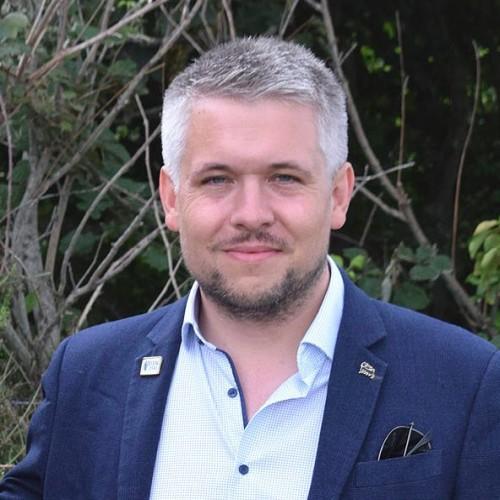
Valentin Schneider
Ph.D.
Is a historian specializing in World War II and the experiences of POWs. Currently, he is a visiting researcher at the National Hellenic Research Foundation in Athens, where he is working on a database that catalogs German military and paramilitary troops stationed in Greece. His publications include studies on German and French POWs during and after WWII. He also researches French POWs in the General Governorate for the Occupied Polish Region and manages the website
www.valentinschneider.eu.
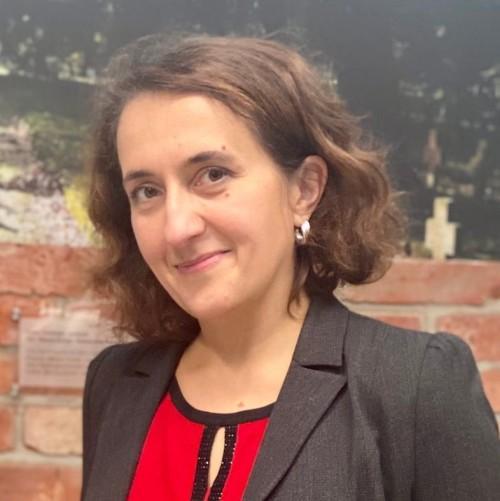
Renata Kobylarz-Buła
Ph.D.
Holds a Ph.D. in history. She serves as the deputy director of the Central Museum of Prisoners-of-War. Her research focuses on Soviet POWs in Lamsdorf stalags, the Labor Camp in Lambinowice (1945–1946), and the post-1945 situation of Silesians who served as Wehrmacht soldiers. She has authored, co-authored, and edited numerous publications. She has also organized over ten museum exhibitions and various educational projects.
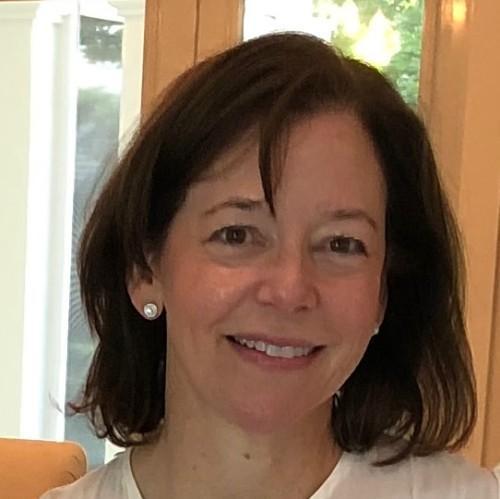
Susanna Bolten Connaughton
Is the vice president of the Polish-American Foundation for the Commemoration of POW Camps in Szubin and the daughter of former POW 2nd Lt. Seymour Bolten. She has recently completed a book devoted to her father's wartime experiences. She has worked in the public and private sectors in marketing and non-profit management, in the U.S. and abroad, including at the U.S. Department of State as Executive Director of the U.S. Commission for UNESCO.
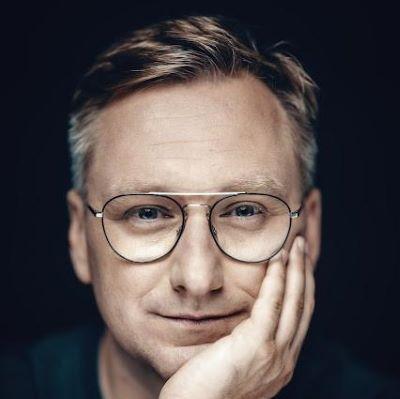
Jan Daniluk
Ph.D.
Is a historian and assistant professor at the University of Gdańsk, where he teaches courses on 20th-century history. He also lectures at SWPS University in Sopot and serves on the board of the Polish-American Foundation for the Commemoration of POW Camps in Szubin. His research interests include the history of Gdańsk and Sopot in the 19th and 20th centuries, World War II in Polish territories annexed by the Reich, the history of the SS, SA, and German police, and POWs held in German captivity from 1939 to 1945. He also researches the history of gambling in Europe in the 19th and 20th centuries and runs the website
www.jandaniluk.pl.
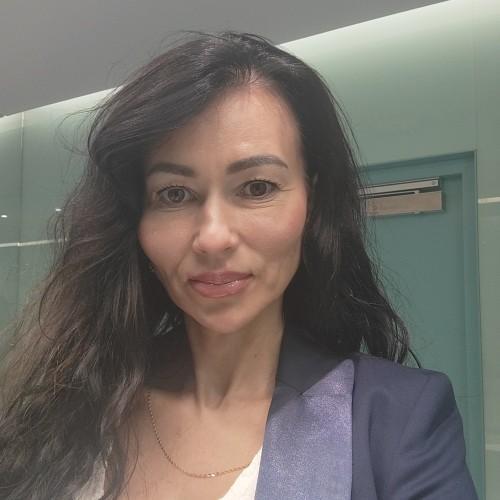
Agnieszka Szczygielska
Ph.D. / Associate Professor
Is a researcher and lecturer at the Military Faculty of the War Studies University. Her publications focus on multi-domain operations, cognitive domain operations, information security, and knowledge management within the military. She has authored numerous research papers, is an internationally recognized reviewer, and has organized conferences and seminars. Her 2020 monograph was the first in Poland to discuss knowledge management in the context of the Polish Armed Forces.
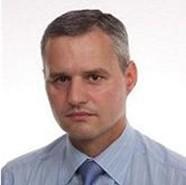
Piotr Krzykowski
Ph.D.
Is a researcher at the Institute of Military Strategy at the War Studies University. He is a member of the Towarzystwo Wiedzy Obronnej [Defense Knowledge Society] and the Stowarzyszenie Ruch Wspólnot Obronnych [Association of Defense Communities Movement]. His research interests focus on the strategic security environment, particularly in post-Soviet states, with a focus on Ukraine, as well as non-military defense preparations. He has published extensively on these topics.
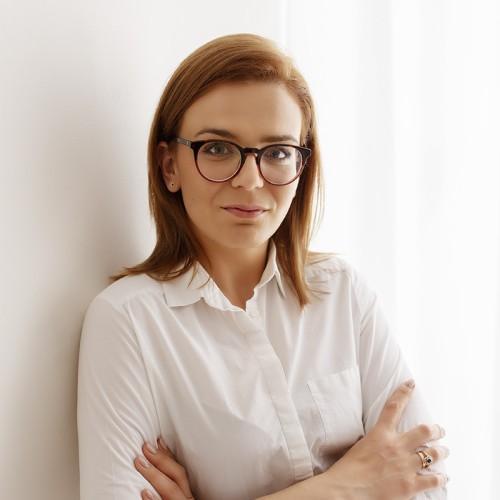
Klaudia Jagusiak
Ph.D.
Holds a Ph.D. in security studies. She is the Head of the Department of Diplomacy at the Faculty of National Security, War Studies University. She is also a member of the Stowarzyszenie Ruch Wspólnot Obronnych [Association of Defense Communities Movement]. Her research interests focus on security issues in Central and Eastern Europe, particularly in relation to Russian foreign policy, the security of former Soviet republics, the Baltic Sea region, and the operations of NATO and the European Union.
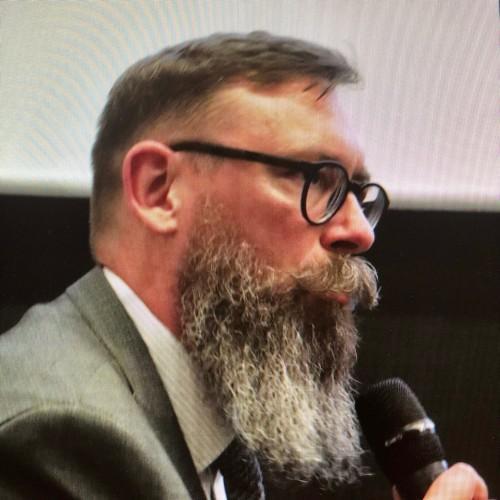
Bartłomiej Bydoń
dr
Holds a Ph.D. in history. He is the head of research at the Katyn Museum and a certified curator. For over 20 years, he has studied military history, totalitarianism, and martyrdom. He is a long-time lecturer and instructor in specialized courses for officers and non-commissioned officers of the Polish Armed Forces.
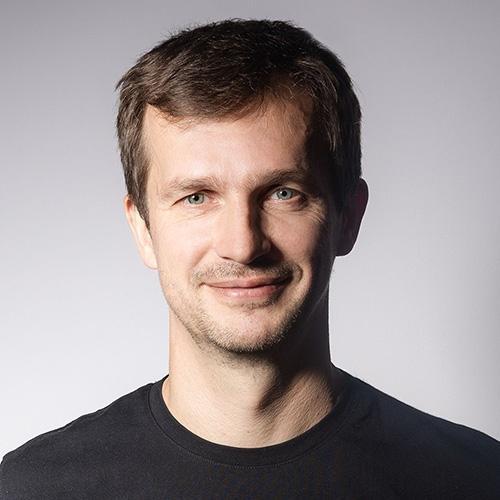
Maciej Żemojcin
Is a pioneer in using AI for film and virtual production in Poland, boasting 20 years of experience in international film production. He is a speaker at industry events like Cannes Next and Berlinale. He specializes in virtual production and consults on applying modern technologies in cinematic storytelling. He co-produced the "MURALS" project, which involved digitally capturing Banksy's murals in war-torn Kyiv using 3D scanning technology.
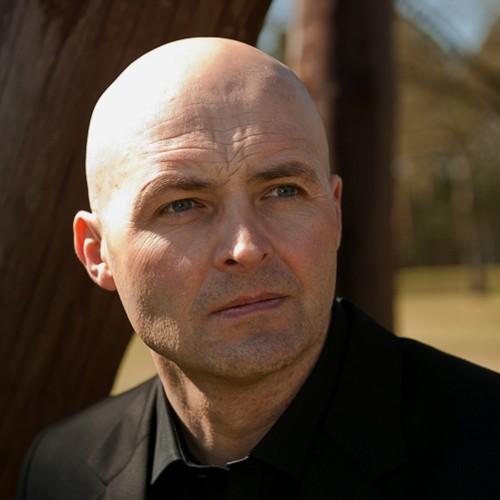
Marek Łazarz
Is the director of the Prisoner of War Camps Museum in Żagań. He holds a degree in Slavic studies from the University of Wrocław and is an experienced tour guide. He wrote the monograph Czterej pancerni i pies - przewodnik po serialu i okolicy, focused on the 1960s Polish black and white TV series Four Tank-Men and a Dog, set during World War II. He has a deep passion for military history and the history of local POW camps. He serves on the editorial board of the Zeszyty Żagańskie journal and was honored with the Bronze Medal of Merit for National Defence, bestowed by the Ministry of National Defence of Poland. Additionally, he received a research grant from the United States Air Force Academy.
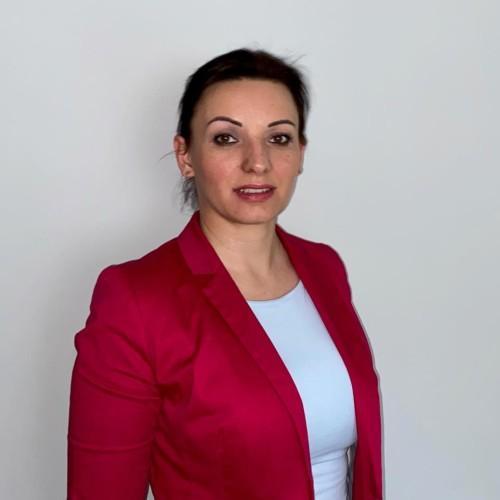
Sabina Jóźwiak
Is the director of Centrum Kultury w Dobiegniewie – Muzeum Woldenberczyków [Museum of Woldenberg POWs], which was established by former Oflag II C Woldenberg POWs. She has expertise in cultural management and specializes in securing funding for cultural initiatives. She is a member of the "League of POW Memory" network. She also serves as the secretary of the association of Woldenberg POWs and their families, Stowarzyszenie Woldenberczyków.
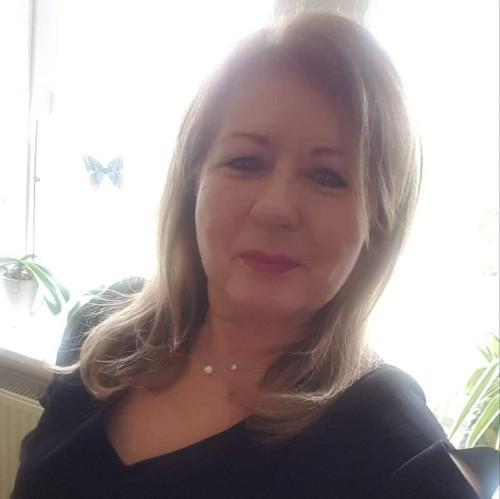
Irena Zmaczyńska
From 2001 to 2021, she served as the director of the Centrum Kultury w Dobiegniewie – Muzeum Woldenberczyków [Museum of Woldenberg POWs]. She is a founding member of Stowarzyszenie Woldenberczyków. She has coordinated numerous exhibitions and educational projects promoting the history of Polish soldiers held captive at Oflag II C and the history of the memorial site in Dobiegniew.
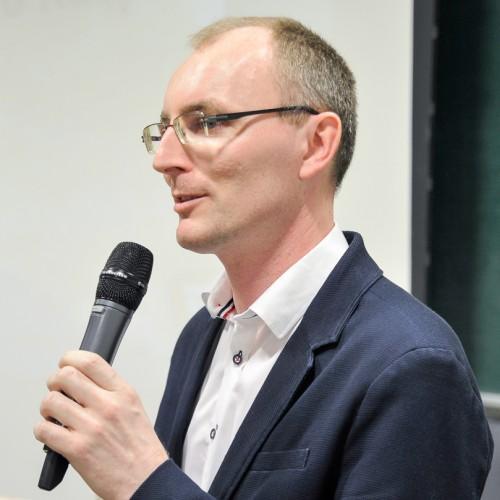
Piotr Stanek
Ph.D.
Is the head of the Research Department at the Central Museum of Prisoners-of-War. He serves as the editorial secretary for the Łambinowicki Rocznik Muzealny [Łambinowice Museum Yearbook], a journal focusing on German and Soviet POW systems during WWII. He has authored, edited, and co-edited numerous books and articles on topics related to POW issues, the Polish Underground State, and Polish political exile.
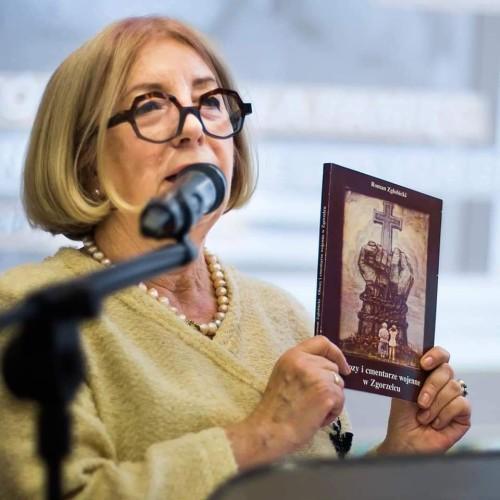
Kinga Hartmann-Wóycicka
Is the president of the Board of the Memory, Education, Culture Foundation, which oversees the European Centre Memory, Education, Culture in Zgorzelec. She developed the concept for the Stalag VIII A Görlitz Memorial Site, currently managed by the Foundation. She is a recognized author, co-author, and editor of numerous publications on Polish-German relations and Polish language education. She has led successful German-Polish regional cooperation projects. She has received multiple awards for her work.
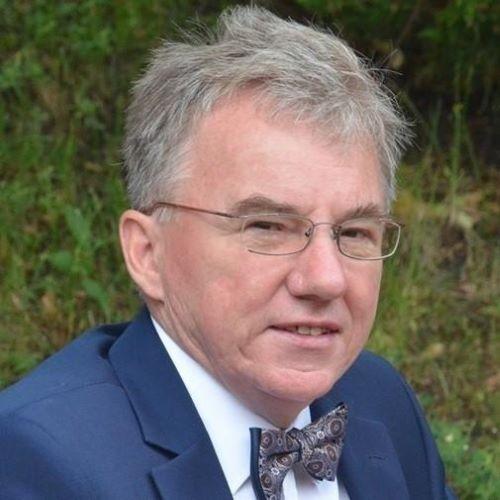
Dariusz Czerniawski
Is a licensed regional guide specializing in the regional history and heritage of the West Pomeranian Voivodeship. He founded and oversees a local history room in Borne Sulinowo and is the creator of the Gross Born Museum (currently in development). His interests include the history of POW camps at the Gross Born German military training ground. He has authored numerous articles and publications on Borne Sulinowo's history and has initiated research conferences on this topic.
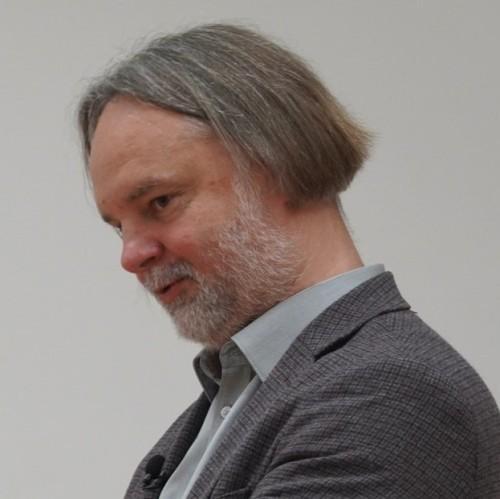
Tomasz Przerwa
Ph.D. / Associate Professor
Is a historian at the University of Wrocław's Institute of History. From 2018 to 2024, he served as the editor-in-chief of the Śląski Kwartalnik Historyczny Sobótka [Silesian Historical Quarterly Sobótka]. His research focuses on Silesian history from the 19th to the 20th century, including military history and tourism development. He played an active role in establishing a cultural park in Srebrna Góra Fortress. Additionally, he collaborates with the Kłodzko Fortress and the Central Museum of Prisoners-of-War. He has co-authored and edited publications on various Polish fortresses, including those at Srebrna Góra, Kłodzko, and Nysa.
Date and location
November 15, 2024, 09.00–16.00 CET (UTC+1)
The event will be held in a hybrid format. You can attend in person at SWPS University in Warsaw (Chodakowska 19/31, room S305) or join us online. Registered attendees will receive a link to the online meeting via email. Please note that registration is required.
Funding
 The event is organized by the Central Museum of Prisoners of War in collaboration with SWPS University and the League of POW Memory network. The Congress on Prisoners of War Memorial Sites: Heritage and Strategies for the Future is funded through a grant from the European Union's Investment A2.5.1 Development Plan, which supports the growth of organizations in the cultural and creative sectors.
The event is organized by the Central Museum of Prisoners of War in collaboration with SWPS University and the League of POW Memory network. The Congress on Prisoners of War Memorial Sites: Heritage and Strategies for the Future is funded through a grant from the European Union's Investment A2.5.1 Development Plan, which supports the growth of organizations in the cultural and creative sectors.
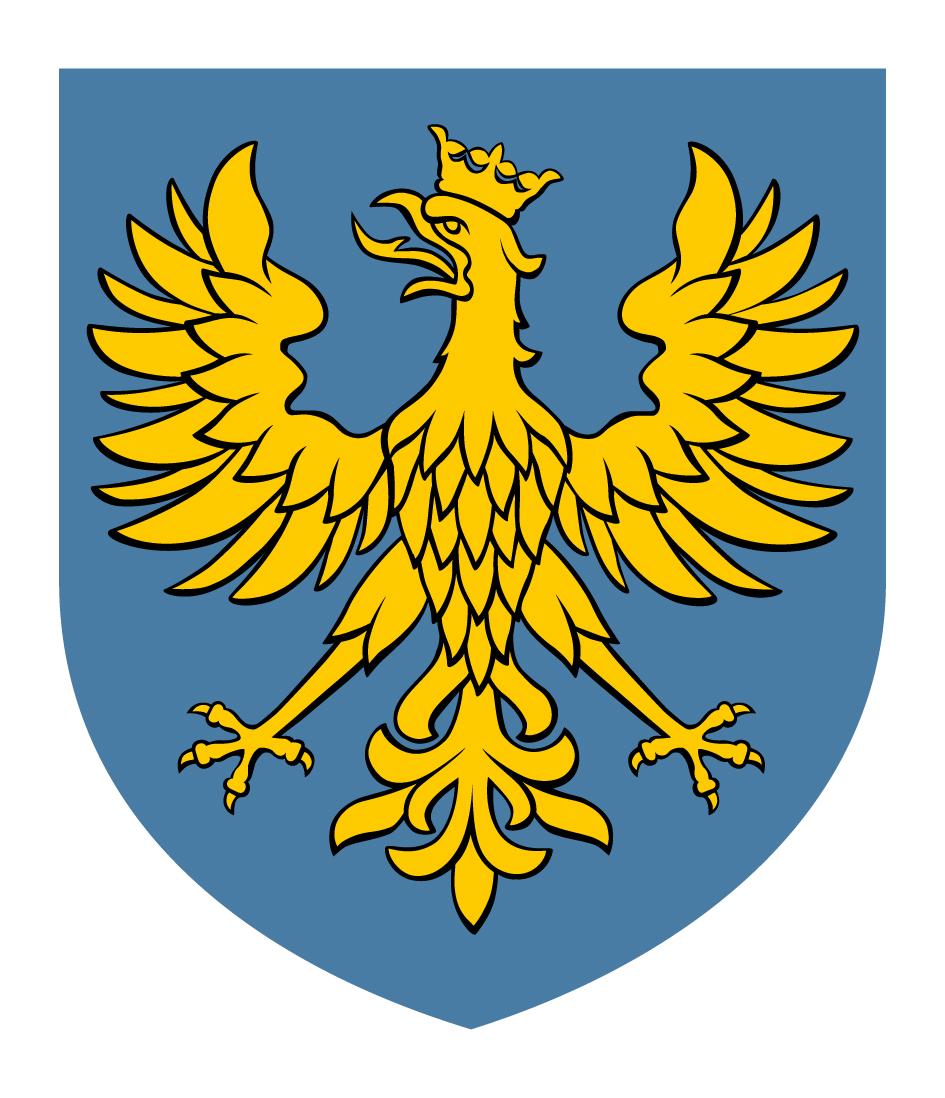
This project is co-funded by the Self-Government of the Opolskie Voivodeship.
Organizers
Event held under the auspices of
Partners
Media Partners
Scientific Committee
- Adam Szpaderski, Ph.D. / Associate Professor
Center for Research on the Economics of Memorial Sites at SWPS University | Chair of the Scientific Committee
- Jan Daniluk, Ph.D.
Polish-American Foundation for the Commemoration of POW Camps in Szubin / University of Gdańsk
- Renata Kobylarz-Buła, Ph.D.
Central Museum of Prisoners-of-War
- Marcin Komosa, Ph.D.
Ministry of Culture and National Heritage
- Prof. Piotr Kwiatkowski
Center for Research on the Economics of Memorial Sites at SWPS University
- Adam Leszczyński, Ph.D. / Associate Professor
SWPS University / Instytut Myśli Politycznej im. Gabriela Narutowicza
- Prof. Anna Matuchniak-Mystkowska
University of Lodz
- Tomasz Przerwa, Ph.D. / Associate Professor
University of Wrocław
- Violetta Rezler-Wasielewska, Ph.D.
Central Museum of Prisoners-of-War
- Piotr Stanek, Ph.D.
Central Museum of Prisoners-of-War
- Agnieszka Szczygielska, Ph.D. / Associate Professor
War Studies University
Organizing Committee
- Adam Szpaderski, Ph.D. / Associate Professor
Center for Research on the Economics of Memorial Sites at SWPS University | Chair of the Organizing Committee
- Bartosz Bartyzel
Auschwitz-Birkenau State Museum
- Dariusz Czerniawski
Gross Born Foundation
- Jan Daniluk, Ph.D.
Polish-American Foundation for the Commemoration of POW Camps in Szubin / University of Gdańsk
- Kinga Hartmann-Wóycicka
Memory, Education, Culture Foundation, Stalag VIIIA Memorial Site
- Sabina Jóźwiak
Centrum Kultury w Dobiegniewie – Muzeum Woldenberczyków
- Marek Łazarz
Prisoner of War Camps Museum in Żagań
- Katarzyna Pasiak
Center for Knowledge Transfer at SWPS University
- Violetta Rezler-Wasielewska, Ph.D.
Central Museum of Prisoners-of-War
- Agnieszka Szczygielska, Ph.D. / Associate Professor
War Studies University
Download the congress rules and regulations
Contact
Adam Szpaderski, Ph.D. / Associate Professor
This email address is being protected from spambots. You need JavaScript enabled to view it.
phone: (+48) 691 780 930
Understand the roots of totalitarianism: explore our unique graduate certificate program
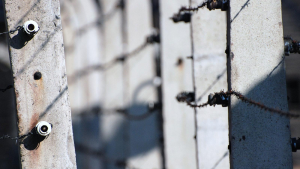
Program
The Roots of the 20th Century Totalitarianism:
Auschwitz - Holocaust - Genocides
online
Warsaw
Graduate Certificate Programs
Review